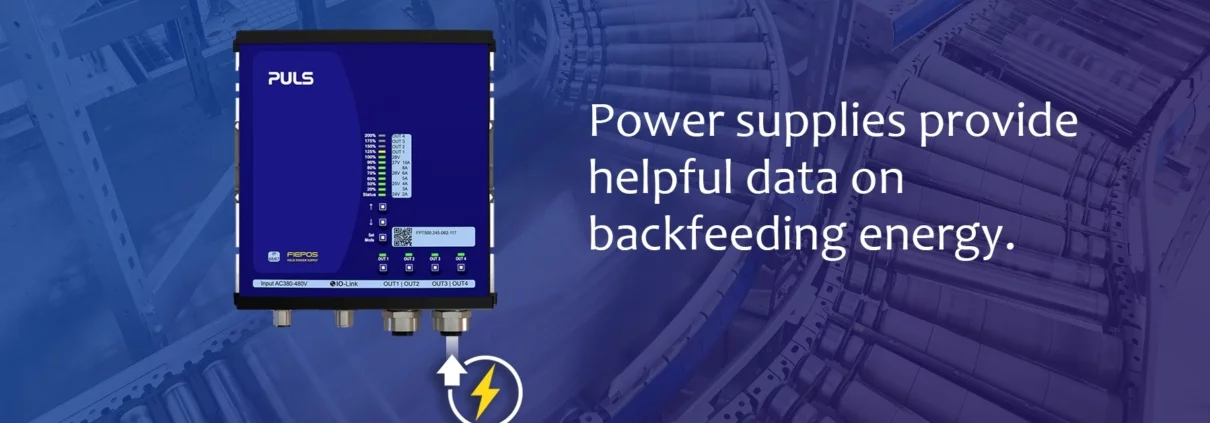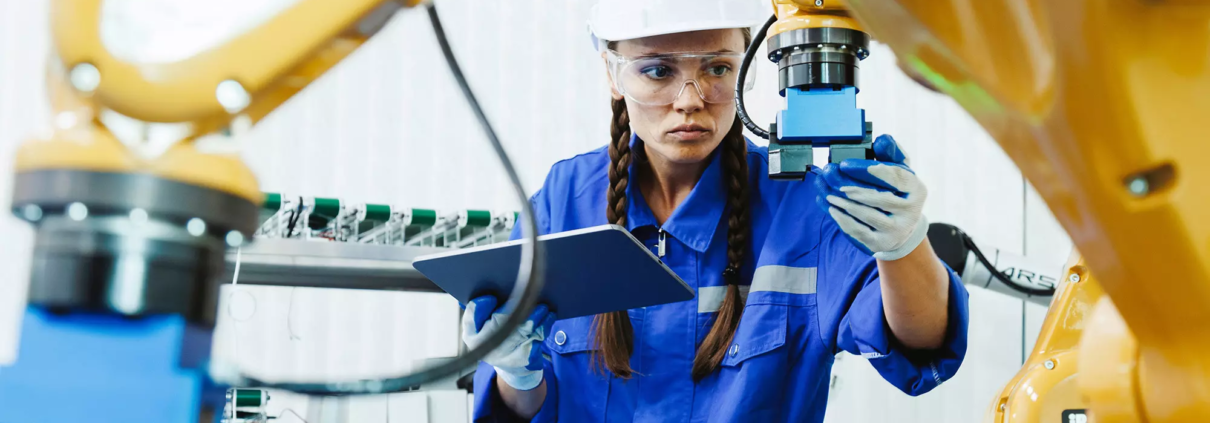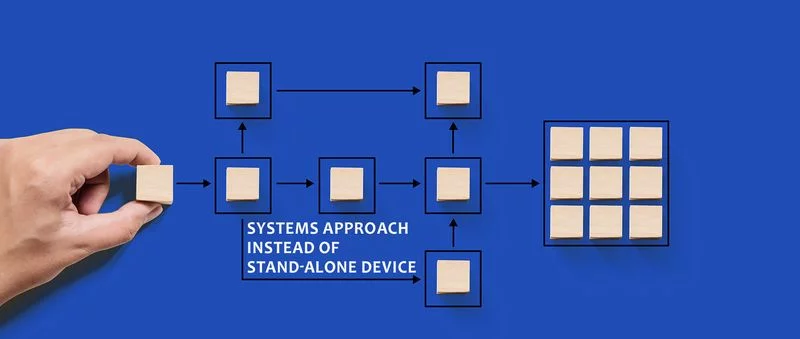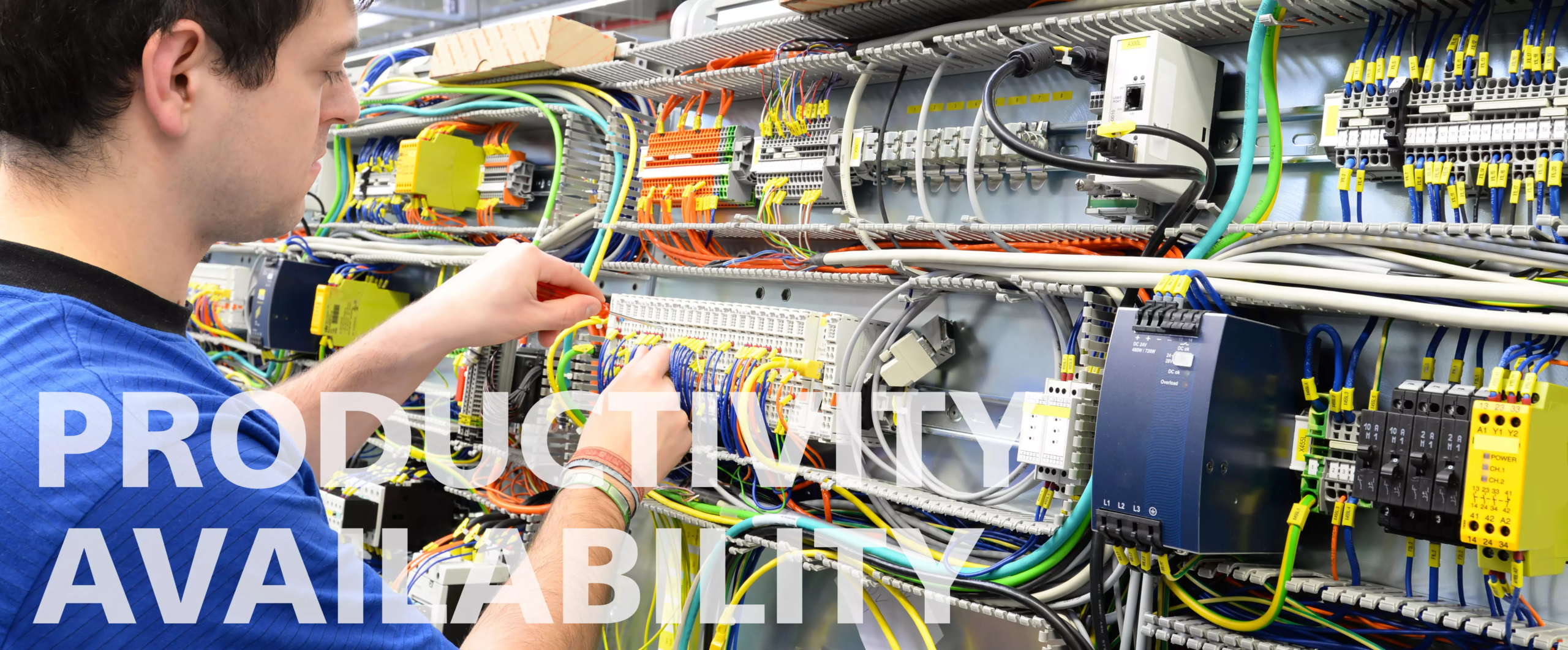What is the meaning of the IP ratings for power supplies?
The IP rating indicates to what extent an electrical device is protected against the penetration of foreign objects and moisture. In this blog post, you can find out which IP codes there are, what the differences are between them and what you need to pay attention to when choosing a power supply. Environmental influences such […]









